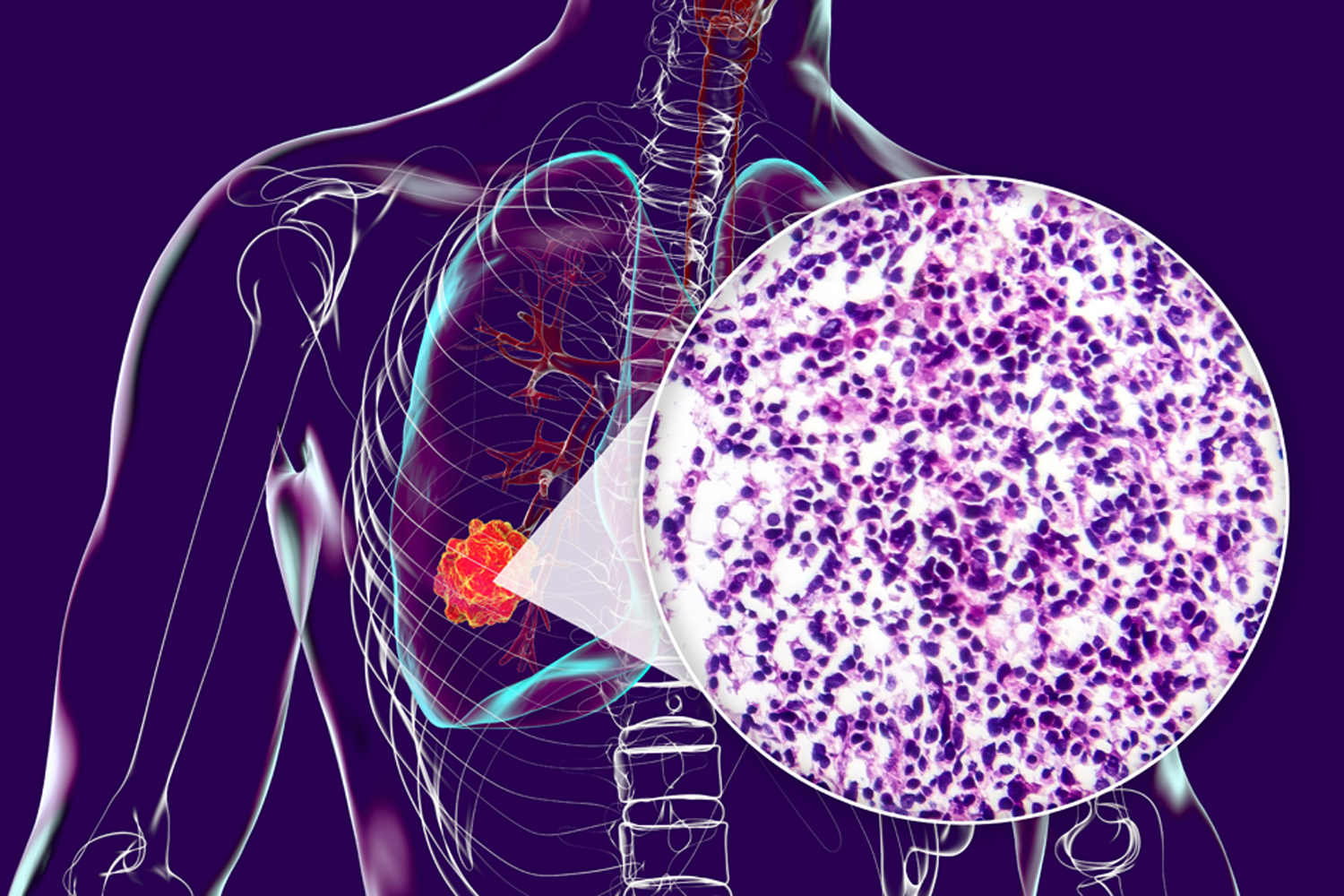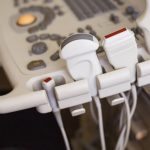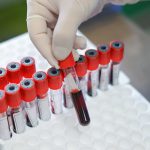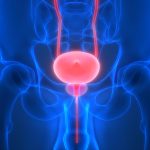-
Treating HER2-ultralow Breast Cancer
FDA approval expands treatment options for people with metastatic breast cancer that expresses minimal levels of HER2.
by Sandra Gordon
-
Screening Options for People With Dense Breasts
Reports on breast density inform women of their status but raise questions about what to do next.
by Robin Roenker
-
Injection Immunotherapies Get FDA Approval
Giving immunotherapy drugs as injections, rather than intravenously, means patients can spend less time in the hospital or treatment center.
by Laura Gesualdi-Gilmore
-
Treating Smoldering Multiple Myeloma
A monoclonal antibody drug reduced the risk of smoldering myeloma progressing to multiple myeloma in patients at high risk for disease progression.
by Sandra Gordon
-
Immunotherapy Improves Survival in Bladder Cancer
New research indicates that adding immunotherapy to muscle-invasive bladder cancer treatment can improve event-free and overall survival.
by Laura Gesualdi-Gilmore
-
Cancer Patients Who Quit Smoking, Even Years After Diagnosis, Live Longer
Findings from a recent study support smoking cessation after diagnosis, with the most pronounced effect in those who received treatment within six months of diagnosis.
by Kyle Bagenstose
-
Delaying Treatment Resistance
Adding a CDK 4/6 inhibitor extends progression-free survival for people with metastatic HR-positive, HER2-positive breast cancer.
by Thomas Celona
-
2024: The Year in Cancer News
The Cancer Today editors share the most impactful reporting on cancer research from 2024.
by Cancer Today staff
-
From the Editor-in-Chief
A New Treatment for Some Brain TumorsA recently approved therapy targets abnormal enzymes produced by gene defects.
by William G. Nelson, MD, PhD
-
Forward Look
Stem Cell Transplant Rates Decrease for LymphomaMore patients are receiving CAR T-cell therapy for large B-cell lymphoma.
by Leah Lawrence
Cancer Talk
Treatment Combination Improves Survival in EGFR-positive Lung Cancer
Adding chemotherapy to targeted therapy improves outcomes for people with advanced EGFR-positive non-small cell lung cancer.
by Sandra Gordon
Lessons From 20 Years Living With CancerMultiple myeloma survivor Jonathan Gluck reflects on uncertainty, and the scientific progress that has kept him living with cancer for more than two decades.
by Eric Fitzsimmons
The Enduring Importance of Cancer Disparities ResearchOpening session from AACR conference highlights how perseverance and adversity have informed cancer disparities research over the years.
by Eric Fitzsimmons
Most Cancer Survivors Don’t Meet Healthy Diet GoalsDespite research linking fruits and vegetables to cancer survival, many people do not change their eating habits after diagnosis.
by Darlene Dobkowski















